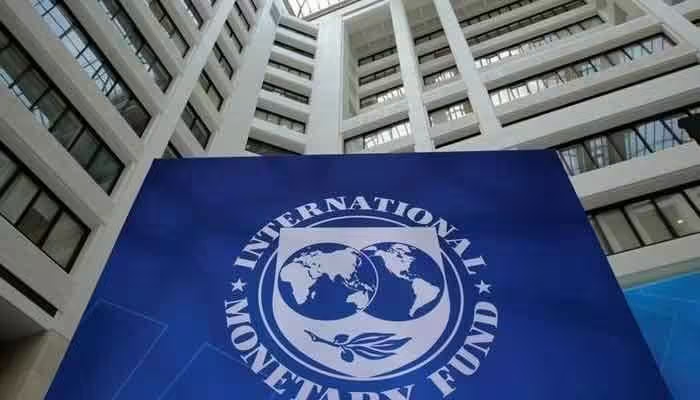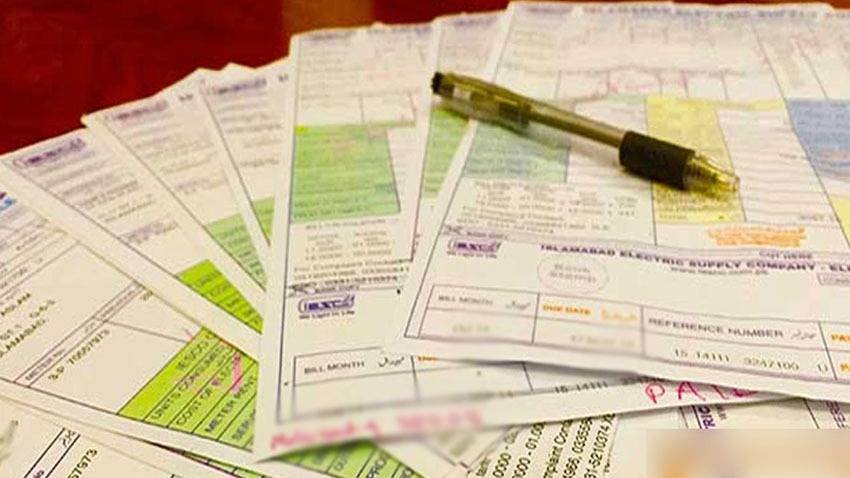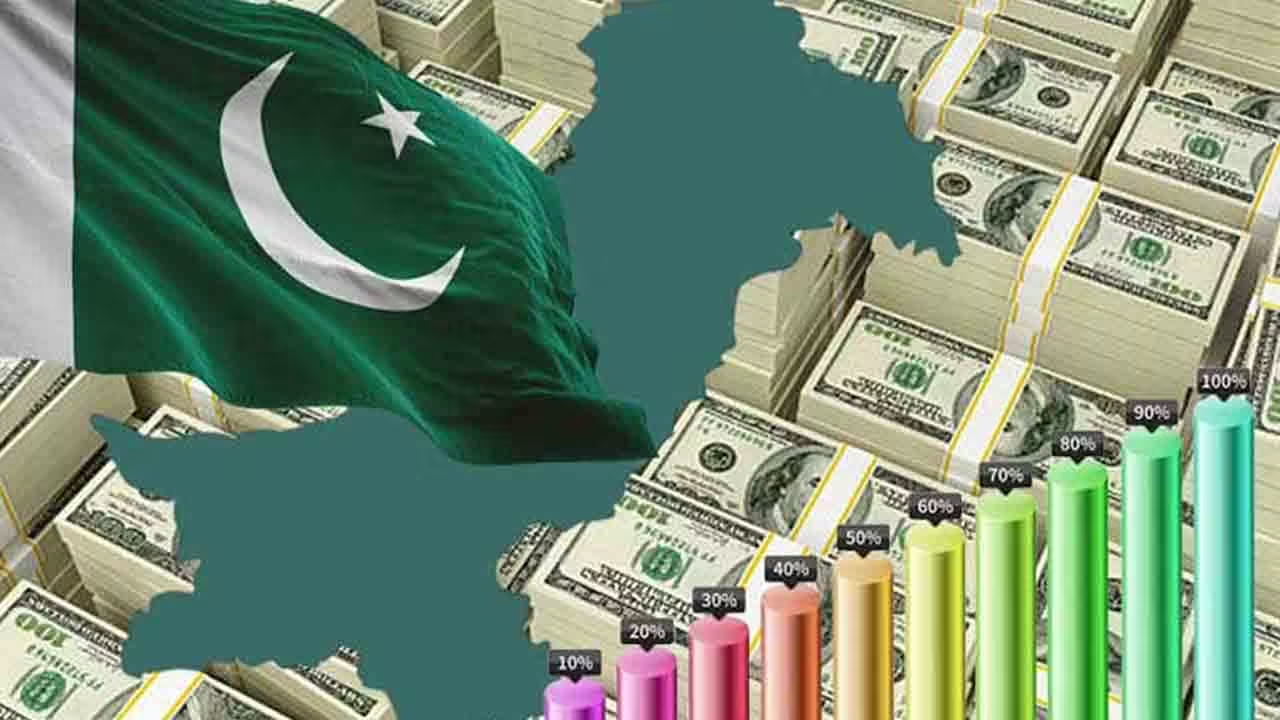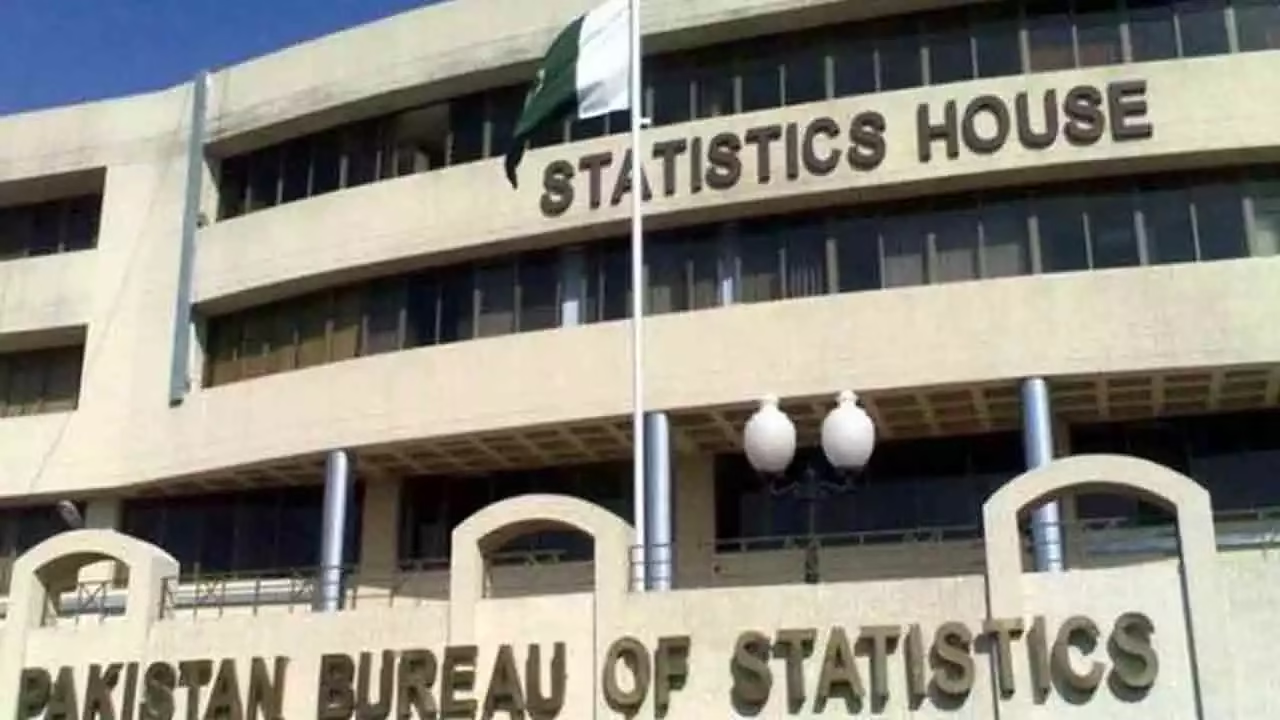Nathan Porter, the IMF mission chief in Pakistan, expressed optimism about the country’s economic future, stating that if Pakistan adheres to the agreed economic reforms, the current program could potentially be its last with the International Monetary Fund (IMF). Speaking in an interview with the American Broadcasting Corporation, Porter highlighted that Pakistan has seen economic stability after a tumultuous period in mid-2023, and the current program provides a solid foundation for sustainable economic growth.
A Path to Economic Stability
Porter emphasized that Pakistan’s recent economic volatility, which peaked in 2023, has now given way to a more stable environment. He credited this shift to both external support and Pakistan’s efforts to implement necessary economic measures. The IMF chief believes that with continued adherence to the prescribed reforms, Pakistan’s economy could move forward without needing further financial assistance from the IMF in the future.
“If Pakistan follows the economic proposals honestly, this can be its last program,” Porter remarked, underscoring the importance of implementing these reforms with sincerity and consistency. His comments reflect the IMF’s confidence in Pakistan’s ability to achieve self-sufficiency, provided it stays committed to the agreed roadmap.
The Nature of the IMF Program
Porter was asked about the strict loan conditions imposed on Pakistan, a frequent point of contention in IMF agreements globally. He clarified that the IMF tailors its programs to address the unique challenges faced by individual countries. “Specific problems faced by any country are taken into account, and solutions are provided,” Porter stated, adding that Pakistan’s program is neither overly strict nor different from those extended to other nations facing similar issues.
The IMF program for Pakistan includes conditions aimed at improving the country’s fiscal discipline, reducing deficits, and implementing structural reforms. These conditions are designed to ensure long-term economic sustainability by addressing Pakistan’s deep-rooted economic challenges, including inflation, low foreign reserves, and high external debt.
One of the key pillars of the program is enhancing revenue collection. The IMF has consistently urged Pakistan to increase its tax base and reduce its reliance on external financing, which would make the country less vulnerable to global economic shocks. Porter noted that if these reforms are successfully implemented, Pakistan’s economy could become more resilient, potentially eliminating the need for future IMF interventions.
IMF’s Stance on Special Economic Zones
During the interview, Nathan Porter also addressed the issue of Special Economic Zones (SEZs) in Pakistan. SEZs are designated areas where governments provide incentives such as tax breaks and subsidies to attract foreign and domestic investment. However, Porter expressed the IMF’s opposition to granting special concessions to businesses operating in SEZs, arguing that these incentives do not align with achieving long-term economic goals.
“The IMF does not consider incentives for businesses to help achieve economic goals,” Porter said. He believes that while SEZs can attract short-term investments, they often do not contribute significantly to sustainable economic growth. Instead, he advocated for a more equitable and broad-based economic system, where all businesses operate under the same regulatory framework, fostering fair competition and long-term stability.
Challenges Ahead
Despite the positive outlook presented by the IMF mission chief, Pakistan’s path to economic stability is not without its challenges. The country continues to face high inflation, unemployment, and a substantial debt burden. These factors, compounded by global economic uncertainties and the aftermath of the COVID-19 pandemic, pose significant hurdles for Pakistan’s economic planners.
Moreover, political instability has often hampered the country’s ability to implement consistent economic reforms. Changes in government and differing political priorities can disrupt the continuity of economic policies, making it difficult to stay on track with IMF-prescribed reforms. Porter acknowledged these challenges but reiterated the importance of maintaining fiscal discipline and implementing structural changes to achieve long-term stability.
Moving Forward: The Role of Honest Implementation
Nathan Porter’s optimism hinges on Pakistan’s ability to faithfully execute the reforms outlined in the IMF program. “Honest implementation” is the key phrase in Porter’s remarks, highlighting that the country’s leadership must not only commit to the reform agenda but also ensure its execution without delays or deviations. Transparency, accountability, and political will are essential for achieving the goals set forth by the IMF.
The reforms include measures aimed at improving tax collection, reducing energy subsidies, and curbing government spending. These policies, while challenging in the short term, are necessary for building a stronger economic foundation. Porter’s message was clear: if Pakistan can implement these reforms effectively, it may be able to break free from the cycle of seeking financial assistance from the IMF.
Nathan Porter’s remarks offer a hopeful outlook for Pakistan’s economic future. The country has made significant strides toward stability after a turbulent period in mid-2023, and the current IMF program provides a roadmap for further improvement. However, the success of this program hinges on Pakistan’s commitment to implementing the necessary reforms.
By adhering to the IMF’s recommendations, Pakistan could position itself to achieve long-term economic sustainability, reducing its dependence on external financial assistance. If executed with honesty and diligence, this program could indeed be Pakistan’s last with the IMF, marking a new era of economic self-reliance. However, challenges remain, and the country’s leadership must navigate these obstacles with care to ensure that the positive momentum continues.



